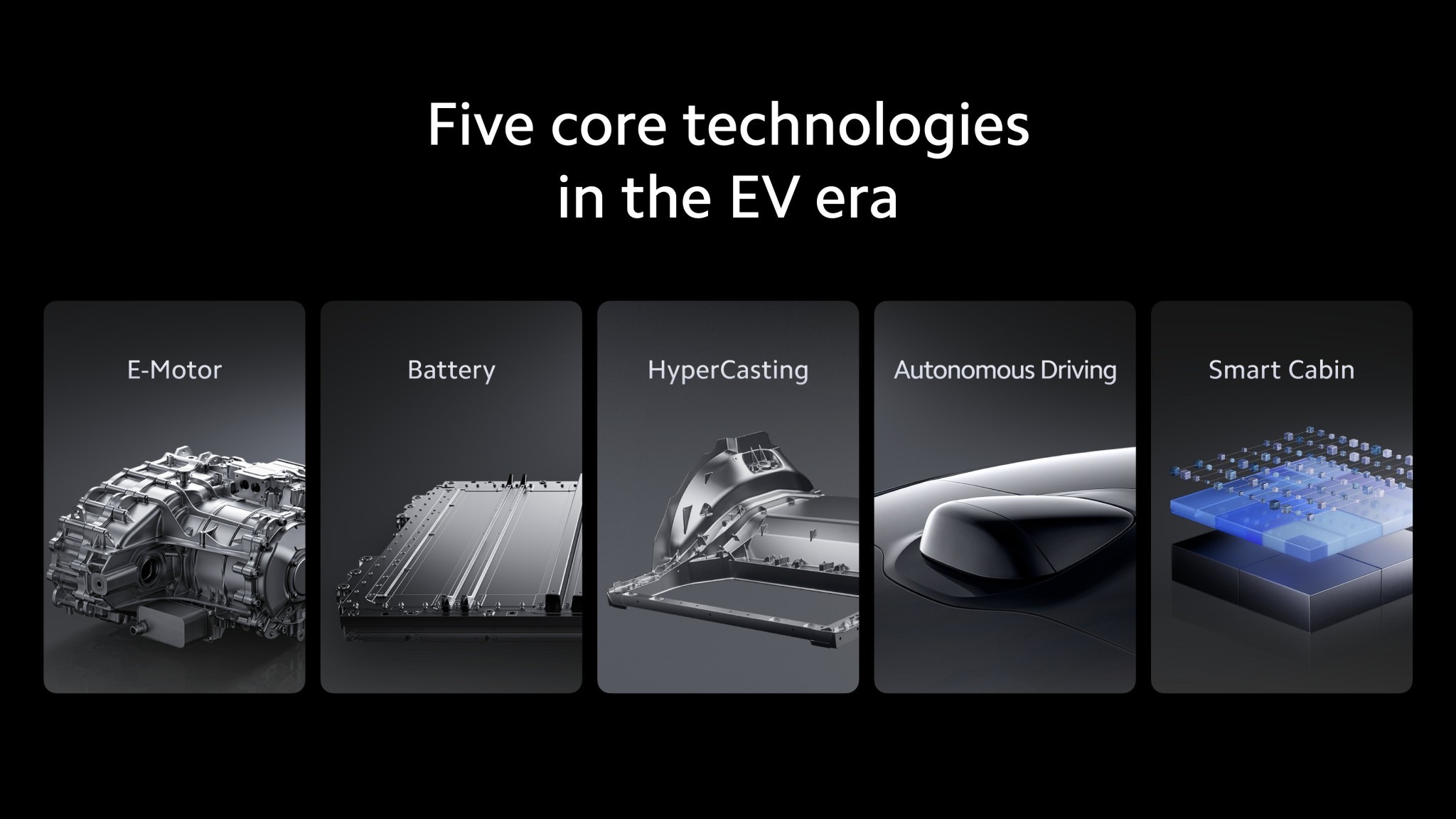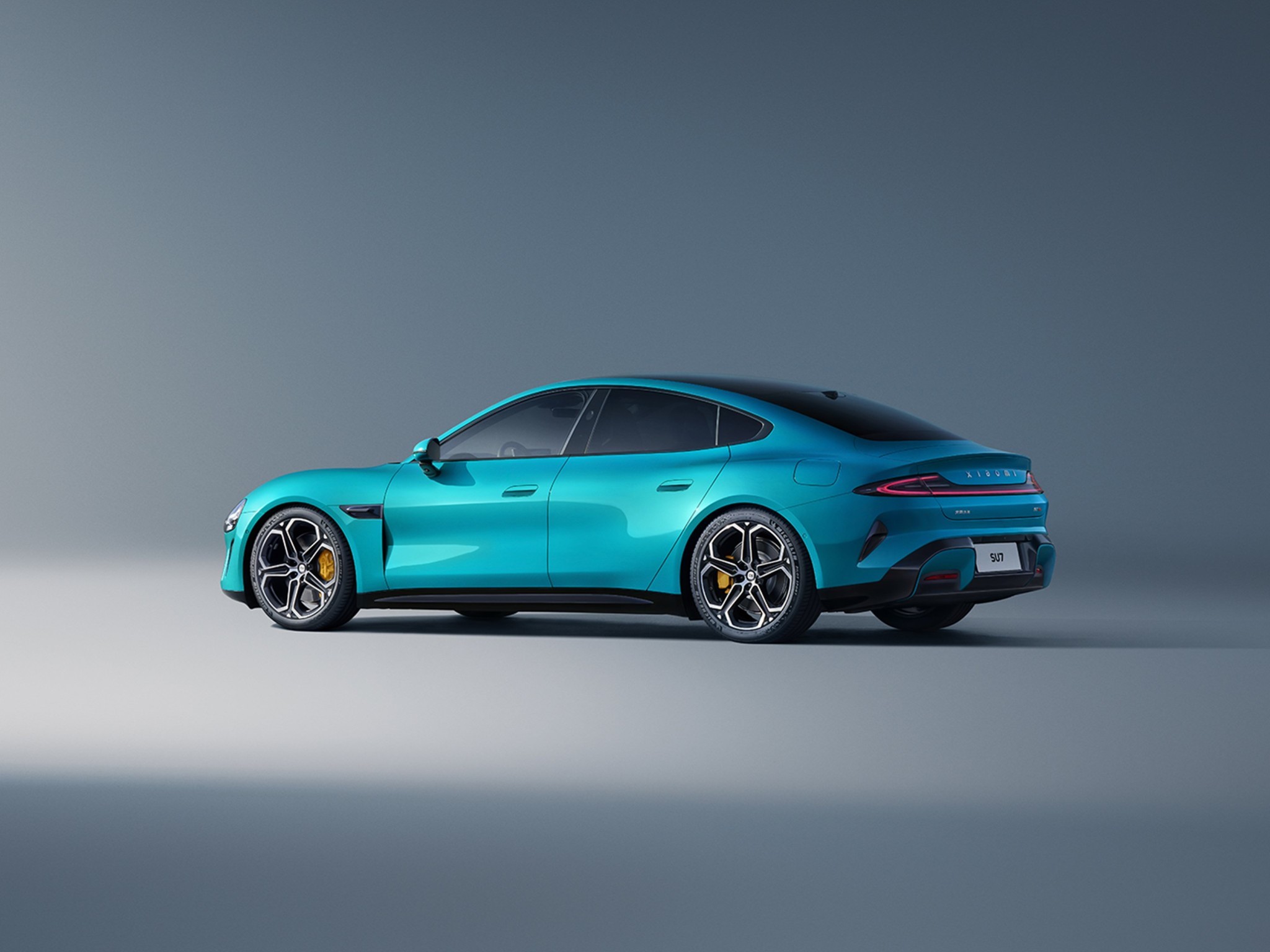Apple’s unexpected decision to halt the development of an electric vehicle sent shockwaves through the industry, catching many global rivals off guard.
Among these competitors is Xiaomi, a major player in the tech industry with ambitions in the automotive sector. Earlier this year, the company announced its first car model, positioning itself as a potential competitor to Apple in the automotive realm.
Lei Jun, Xiaomi’s founder and chairman, expressed his surprise at Apple’s decision to abandon its electric vehicle project. Recognizing the integral role of automotive expansion in Xiaomi’s long-term strategy, Lei personally spearheaded the project, leading development efforts and securing investments of up to $1.4 billion.

Despite Apple’s exit from the automotive market, Xiaomi remains steadfast in its commitment to vehicle development. Lei emphasized on social media that Xiaomi’s investments in this sector represent an unwavering strategic choice.
However, Lei also extended their understanding towards Apple, acknowledging the challenges inherent in automotive manufacturing.
Like Apple, Xiaomi embarked on its automotive journey from scratch, investing millions in talent and cutting-edge technology. Xiaomi’s car team comprised approximately 3,400 engineers, surpassing Apple’s now disbanded car unit of 2,000 employees.
Li Xiang, CEO of Chinese EV maker Li Auto, supported Apple’s decision, asserting that the company’s pivot towards artificial intelligence was a prudent move. He emphasized the importance of Apple maintaining its leadership in this sector.
Although Apple has redirected resources away from building cars, the company remains engaged in the automotive sphere, focusing on software and services aimed at enhancing the driving experience. Apple Maps and CarPlay will receive increased attention, aligning with a strategy reminiscent of Google’s approach.
The upcoming generation of CarPlay, slated for release, promises deeper integration with vehicles, providing access to a broader array of data, including battery status, tire pressure, onboard cameras, and more.
This enhanced version of CarPlay will position Apple as a direct competitor to Google’s Android Automotive, which already powers models from various manufacturers.
Apple’s automotive ambitions may have shifted, but the company’s trajectory beyond traditional tech boundaries is eagerly anticipated. With the Worldwide Developers Conference (WWDC) on the horizon, the unveiling of advancements in Siri, CarPlay, and Apple Maps is imminent, offering a glimpse into Apple’s evolving automotive strategy.

